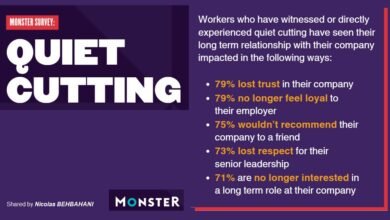
By | Jared Jaureguy
Have you ever had a catchy jingle from a commercial stuck in your head? That’s a marketing technique that’s purpose is to help you remember the company or product for future needs. There have been times where you have chosen a business or product solely because you remembered seeing it in an advertisement. Let’s dive into some ways effective marketing can generate leads to result in increased sales and revenue.
- Usefulness
Your company already knows all of the great benefits of the product, but make sure your marketing team does, too. Brainstorm all of the benefits to customers. Then, take a step back and think of ways your product can help to solve problems or make things easier for the buyer. Highlight the usefulness of your product or service throughout your marketing campaigns. One practical marketing approach is to convince the audience that what you are selling is useful or that it can solve a problem, or that it will help make everyday life easier. This demonstration of usefulness can help you to catch the interest of potential clients and turn them into leads. Your sales team can then use sales closing techniques to convert leads into customers.
- Collaboration
Sales teams may focus on closing one deal, which could be time-consuming. Marketing views things on a larger scale, thinking of all of the potential customers the company could be or should be reaching. They then reach out to this customer base through direct mail, advertising and digital marketing. Through collaboration, the teams can work together to form the best plan for the market and to create more meaningful and effective marketing. There should be no disconnect between the marketing team and sales team, but a mindset that when they work together, they can reach more potential customers and have better chances of increasing sales and overall revenue for the company. Each group will have individual responsibilities and roles but will have a united purpose.
- Lead Generation
Successful marketing plays a vital role in lead generation. Lead generation is creating interest in the product or service among potential customers. It can involve providing basic information about the company, service line or products to stimulate interest and provoke a target audience to buy. Marketing can then engage with and follow up with leads who are interested but not quite ready to close the deal with sales. Here is another area where collaboration between marketing and sales is highly beneficial. Marketing can help track and analyze interested parties and potential leads while building brand awareness on a large scale. The sales team can move forward with leads that are ready for the sales pitch. Communication between both of these groups can help increase the quality of the leads being generated and help to set potential customer profiles for targeted marketing approaches. High-quality leads have a better conversion rate and can really help to make the entire process more efficient and productive.
Effective marketing can be an efficient and productive way to increase sales. A strong collaboration between the marketing and sales departments allows for a unified approach, which strengthens the brand, the vision, the outreach and everything in between. Sparking interest is a crucial first step. The more exposure marketing can give your product or service, the more leads are generated. The marketing team can help keep a big picture view to continually work to find new leads, reach new audiences and analyze the current target audience to see which tactics are working and which need to be modified. The stronger your marketing is, the more interest you can spark in the company, allowing the sales team to work their magic to keep the interested parties flowing down the sales funnel to ultimately close the deal. More interest in the product or company generates more leads which can increase sales and revenue. The company has a great chance of increasing sales when the marketing and sales departments work together.






